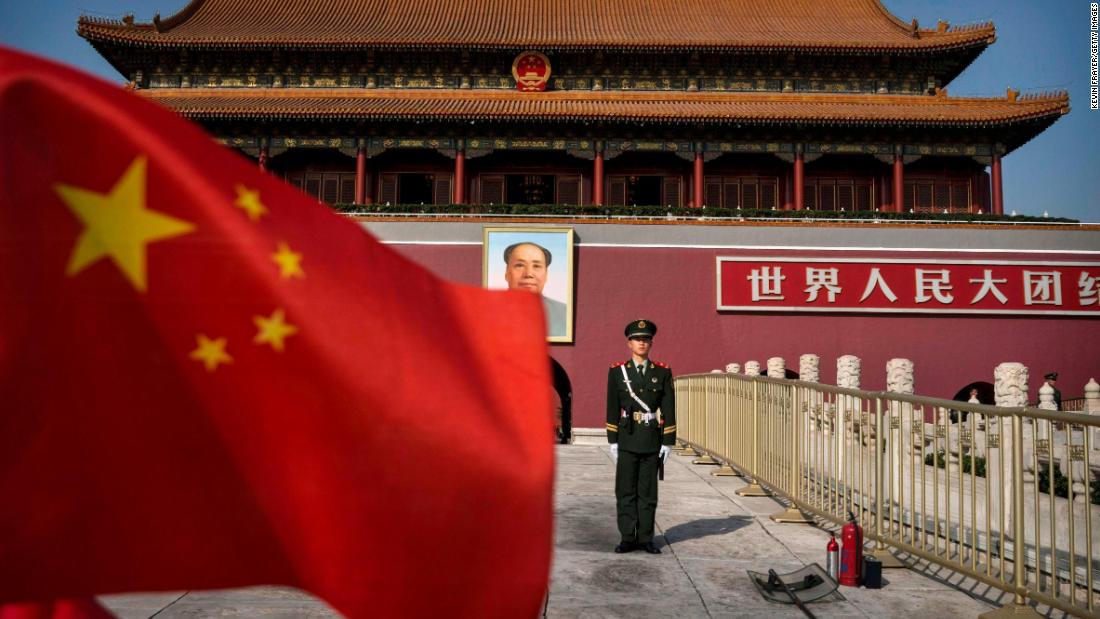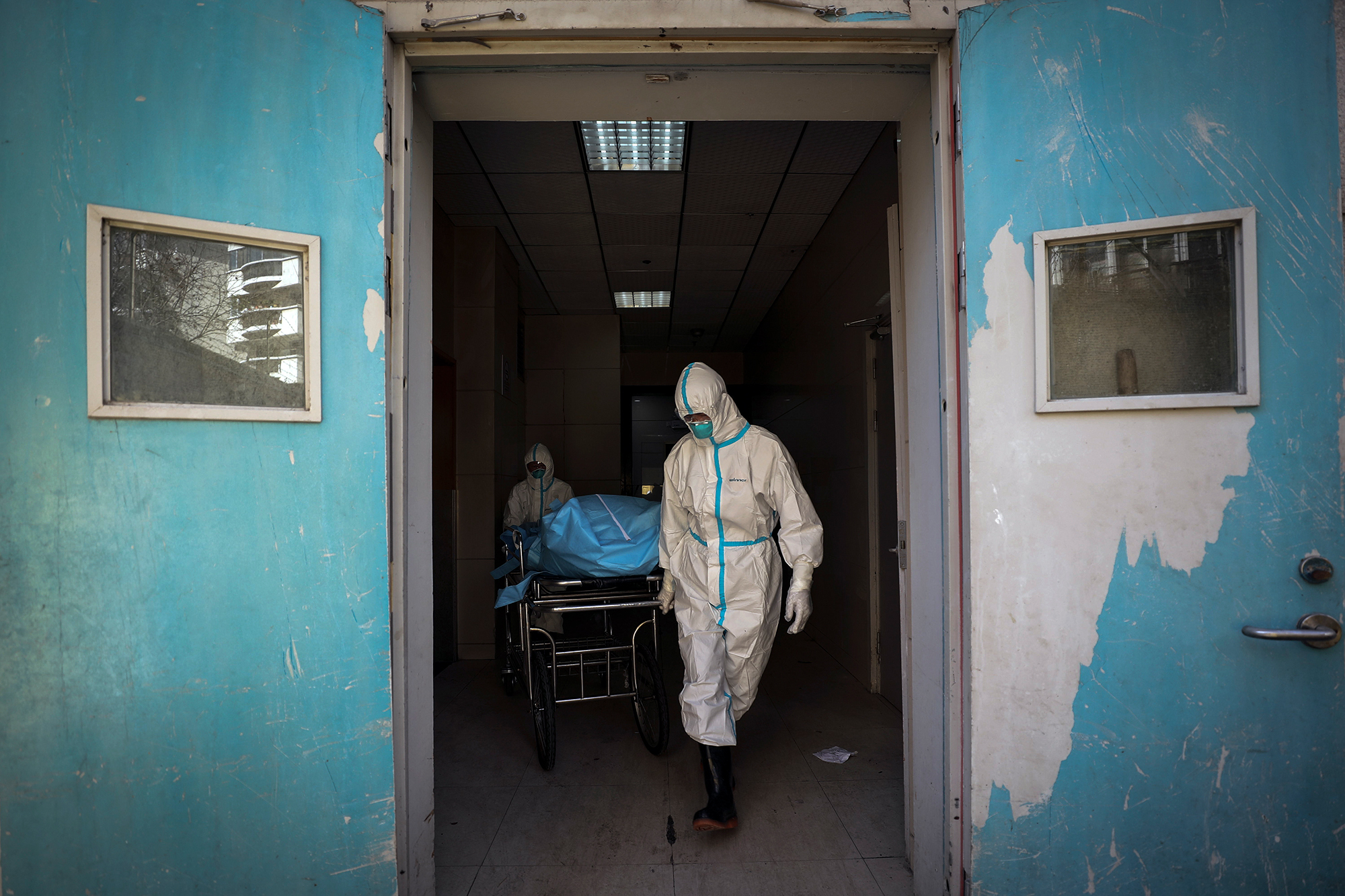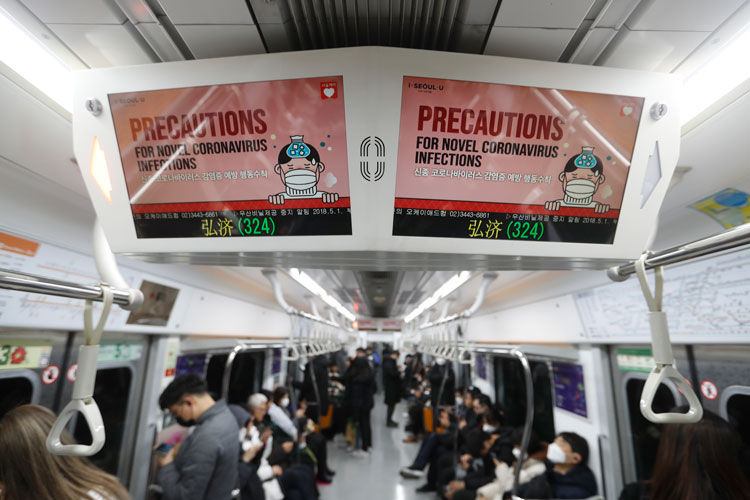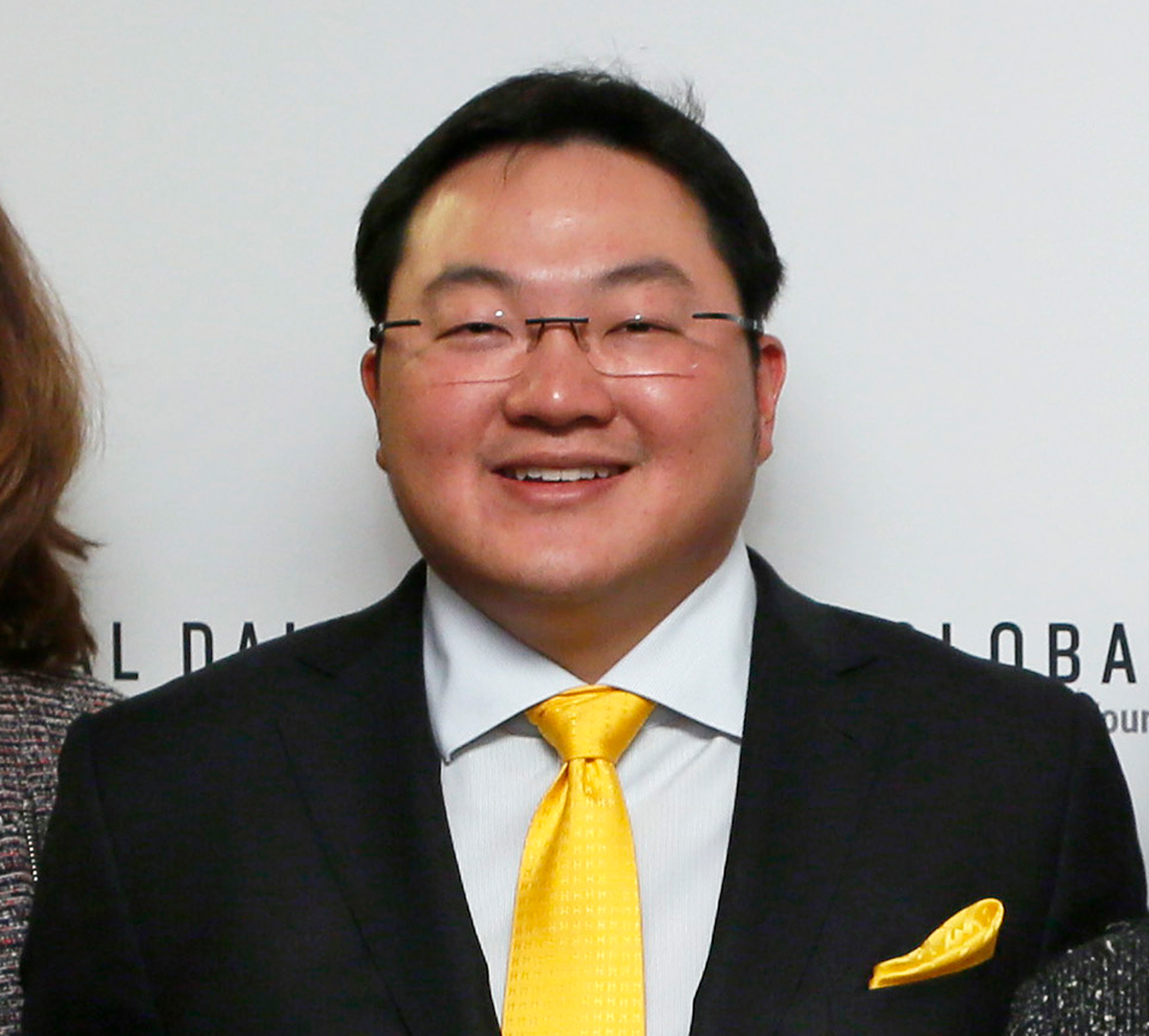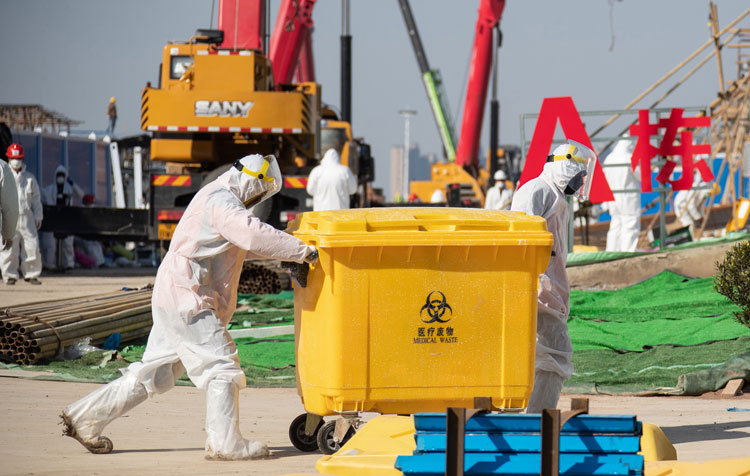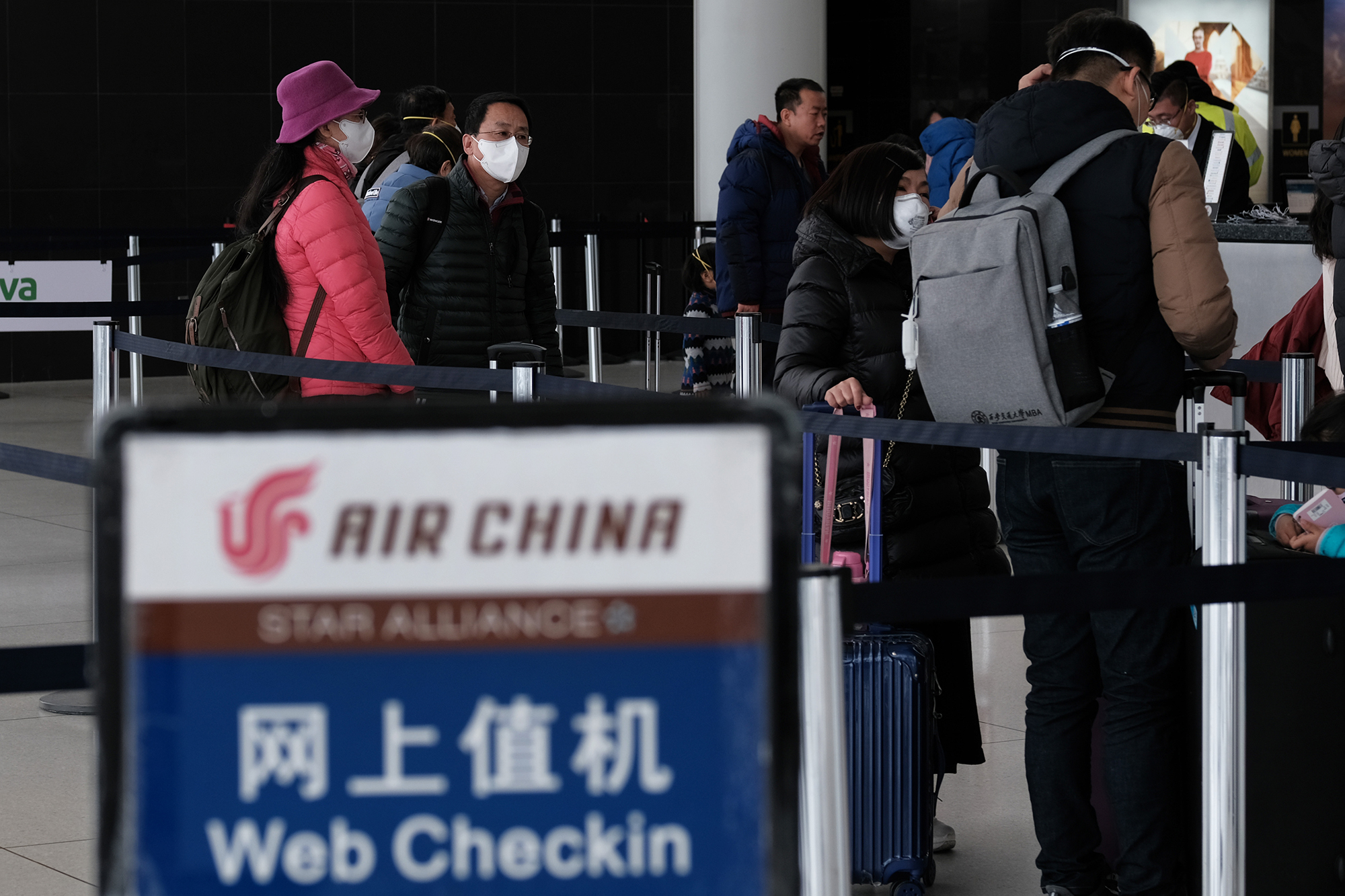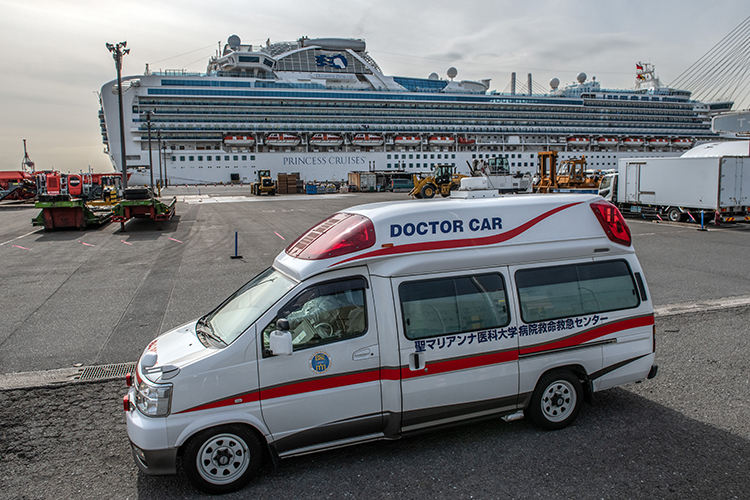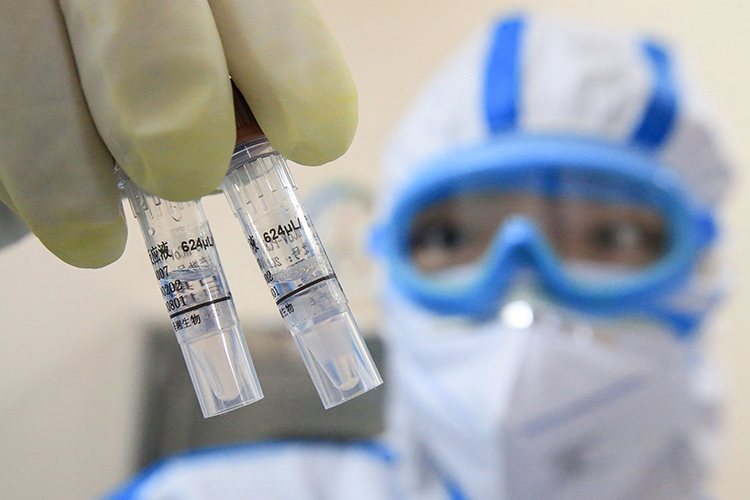
Researchers in China are saying that people with the novel coronavirus may have the same viral load -- or amount of virus in their body -- whether or not they are actually showing symptoms of illness.
In a letter published in The New England Journal of Medicine, the researchers describe how they monitored viral loads of the virus in samples taken from the nose and throat of 18 patients: nine men and nine women ranging in age from 26 to 76 in Zhuhai, in China’s Guangdong province.
Their analysis showed that the 17 patients with symptoms had a similar viral load in tests to the one patient who had no symptoms.
"(This) suggests the transmission potential of asymptomatic or minimally symptomatic patients,” the researchers wrote in the letter.
“These findings are in concordance with reports that transmission may occur early in the course of infection."
More infectious than SARS?: It comes as the largest and most comprehensive study yet of the novel coronavirus found it is highly contagious, more so than severe acute respiratory syndrome (SARS) and Middle East respiratory syndrome (MERS).
Carried out by a group of experts at the Chinese Center for Disease Control and Prevention and published in the Chinese Journal of Epidemiology on Monday, the study looked at more than 72,000 confirmed and suspected cases of the coronavirus.

